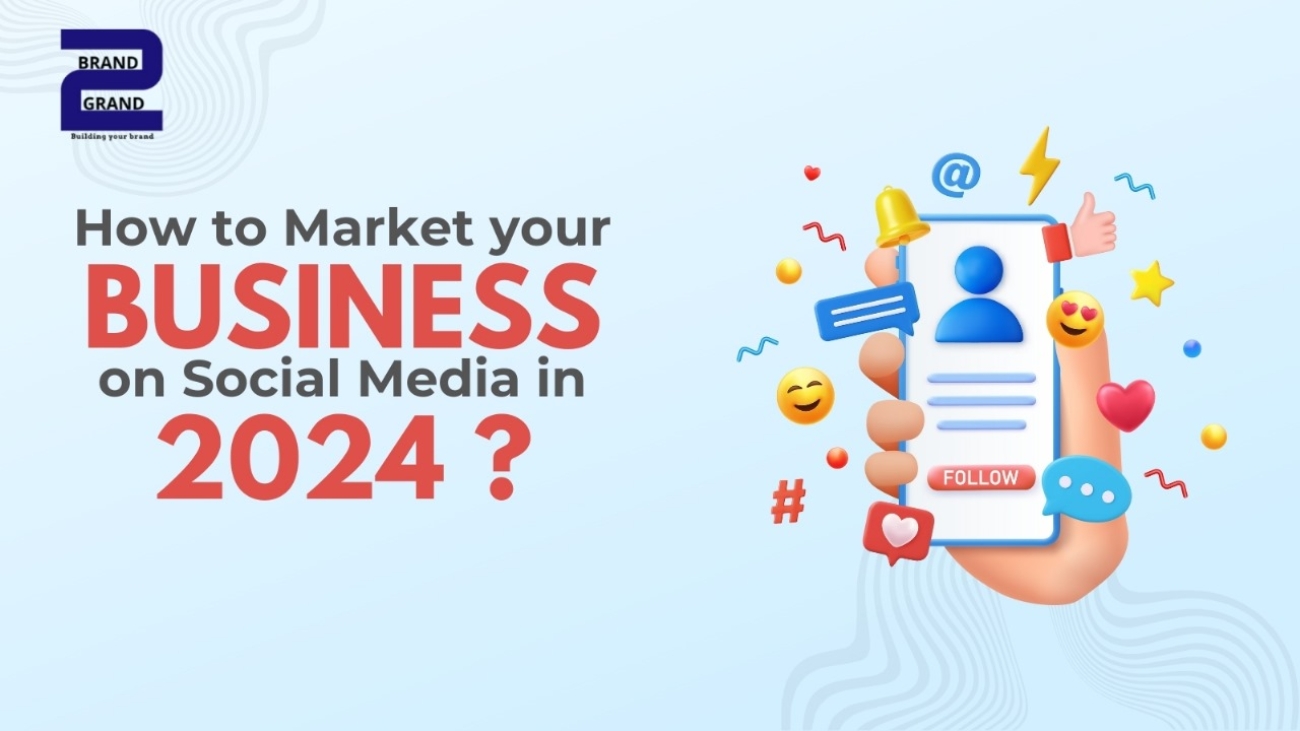In 2024, social media continues to be an indispensable tool for businesses looking to connect with their audience, build brand awareness, and drive sales. However, the landscape is constantly evolving, with new platforms, trends, and algorithms emerging regularly. To stay ahead, it’s crucial to adapt your social media marketing strategies. Here’s how to effectively market your business on social media in 2024.
1. Understand Your Audience
Before diving into social media marketing, it’s essential to have a deep understanding of your target audience. Conduct market research to identify their preferences, behaviors, and the platforms they frequent. Use tools like surveys, social media analytics, and customer feedback to gather valuable insights. This information will guide your content creation and platform selection, ensuring your efforts resonate with your audience.
2. Choose the Right Platforms
Not all social media platforms are created equal, and each serves a different purpose. Here’s a quick overview of the major platforms in 2024:
- Facebook: Great for community building and advertising to a broad audience.
- Instagram: Ideal for visual content, influencer partnerships, and younger demographics.
- Twitter: Effective for real-time updates, customer service, and industry news.
- LinkedIn: Best for B2B marketing, professional networking, and thought leadership.
- TikTok: Popular for short, engaging videos and reaching Gen Z audiences.
- Pinterest: Excellent for driving traffic to websites, especially for lifestyle, fashion, and DIY brands.
Choose platforms that align with your business goals and where your audience is most active.
3. Develop a Content Strategy
A well-defined content strategy is the backbone of successful social media marketing. Focus on creating high-quality, engaging content that adds value to your audience. Consider the following types of content:
- Educational Content: Share tips, tutorials, and industry insights.
- Entertaining Content: Post memes, videos, and behind-the-scenes glimpses.
- Inspirational Content: Use quotes, success stories, and motivational posts.
- Promotional Content: Highlight products, special offers, and events.
Mix different content types to keep your feed interesting and engaging. Additionally, leverage features like Stories, Reels, and live videos to diversify your content.
4. Leverage Influencer Marketing
Influencer marketing remains a powerful strategy in 2024. Partner with influencers who align with your brand values and have a genuine connection with their followers. Micro-influencers (those with smaller but highly engaged audiences) can be particularly effective for niche markets. Collaborate with influencers to create authentic content that showcases your products or services in a relatable way.
5. Utilize Paid Advertising
Organic reach on social media has become increasingly challenging, making paid advertising a crucial component of your strategy. Platforms like Facebook, Instagram, and LinkedIn offer robust advertising tools that allow you to target specific demographics, interests, and behaviors. Experiment with different ad formats, such as carousel ads, video ads, and sponsored posts, to find what works best for your business.
6. Engage with Your Audience
Social media is a two-way street. Engage with your audience by responding to comments, messages, and reviews promptly. Encourage user-generated content by creating hashtags and hosting contests or giveaways. Building a strong community fosters brand loyalty and encourages word-of-mouth marketing.
7. Monitor and Analyze Performance
Track your social media performance using analytics tools provided by each platform. Monitor key metrics such as engagement rates, reach, impressions, and conversions. Use this data to refine your strategies, identify successful content, and make informed decisions. Regularly reviewing your performance helps you stay agile and adapt to changes in the social media landscape.
8. Stay Updated on Trends
Social media trends evolve rapidly. Stay ahead by keeping an eye on emerging trends, algorithm updates, and new features. Follow industry blogs, attend webinars, and participate in social media marketing communities to stay informed. Being an early adopter of new trends can give your business a competitive edge.
9. Invest in Social Media Tools
Investing in the right tools can streamline your social media marketing efforts. Tools like Hootsuite, Buffer, and Sprout Social offer features for scheduling posts, managing multiple accounts, and analyzing performance. Additionally, graphic design tools like Canva and video editing software can help you create visually appealing content without needing advanced design skills.
10. Focus on Authenticity
In 2024, authenticity is more important than ever. Audiences crave genuine connections with brands. Be transparent, show your brand’s personality, and share real stories. Avoid overly polished or salesy content, and focus on building trust with your audience.
Conclusion
Marketing your business on social media in 2024 requires a strategic, adaptable approach. By understanding your audience, choosing the right platforms, and creating engaging content, you can build a strong social media presence. Leverage influencer marketing, paid advertising, and engagement strategies to amplify your reach, and use data-driven insights to refine your efforts. Stay updated on trends, invest in the right tools, and prioritize authenticity to connect with your audience and achieve your business goals.


